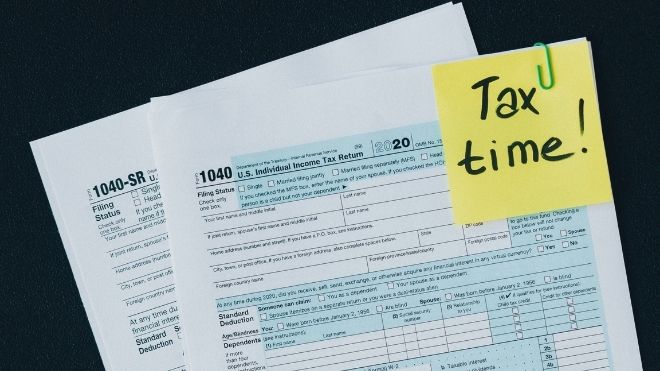While many see the IRS suspending notices to taxpayers as a good thing, some people use those as reminders for tax obligations.

If the only way you were going to know you had to pay taxes was with a notice, you may not be aware now.
The tax season already started out rough with millions of returns for the 2020 tax year still not processed in 2022.
COVID-19 has caused major issues for the IRS, resulting in understaffing and underfunding.
IRS: Filing a deceased person’s tax return
By Dec. 4, 2021. there were still 6.7 million unprocessed returns, according to The Sun.
The backlog, which is on the shoulders of the IRS, resulted in taxpayers receiving notices for unpaid payments.
They weren’t unpaid, they had not been processed.
This made the notices inaccurate, so the IRS suspended them temporarily.
This means anyone who might need to be made aware this year won’t be by notice.
IRS: Filing your taxes right the first time to avoid delays
The following IRS notices have been temporarily paused
- CP80: Unfiled Tax Return
- CP59 and CP759: Unfiled Tax Return(s) — 1st Notice
- CP516 and CP616: Unfiled Tax Returns — 2nd Notice
- CP518 and CP618: Final Notice — Return Delinquency
- CP501: Balance Due — 1st Notice
- CP503: Balance Due — 2nd Notice
- CP504: Final Balance Due Notice — 3rd Notice, Intent to Levy
- 2802C: Withholding Compliance letter
- CP259 and CP959: Return Delinquency
- CP518 and CP618: Final Notice — Return Delinquency
The IRS has made it clear that despite notices being suspended, the same does not go for penalties or interest.
IRS: Differences between itemized and standard deductions
Don’t get fined by the IRS for things you’re unaware of
To prevent getting penalized or gaining interest on taxes owed, stay on top of your return and file it on time.
The deadline is April 18, 2022.
You may be fined if you file late with a failure to pay penalty.
Once you hit 60 days late, you could see a fine as high as $435.
If you’re owed a refund, you will lose it entirely after 3 years of not filing.


